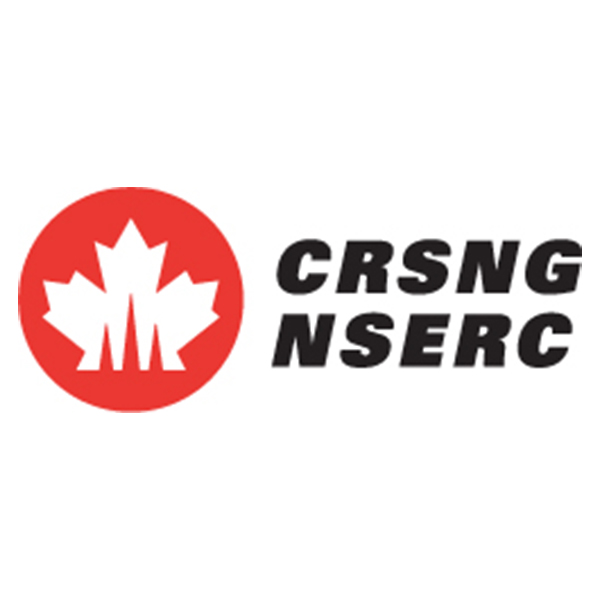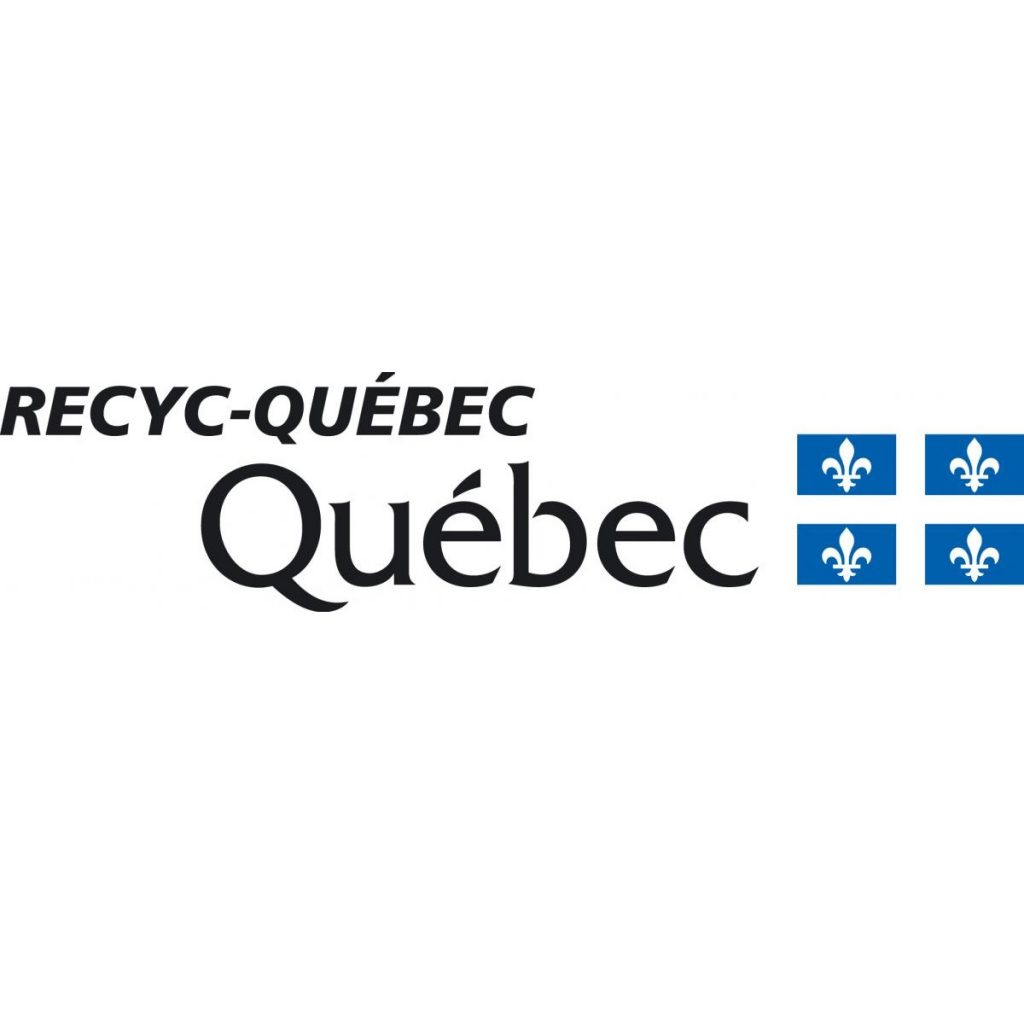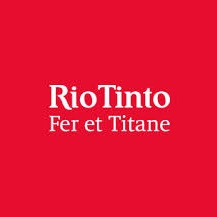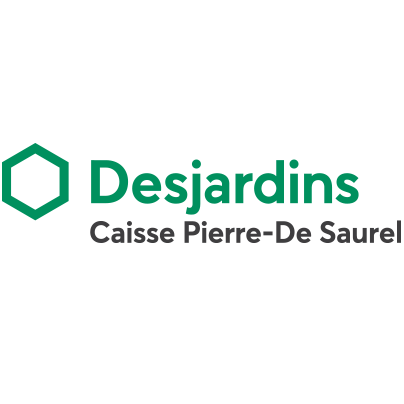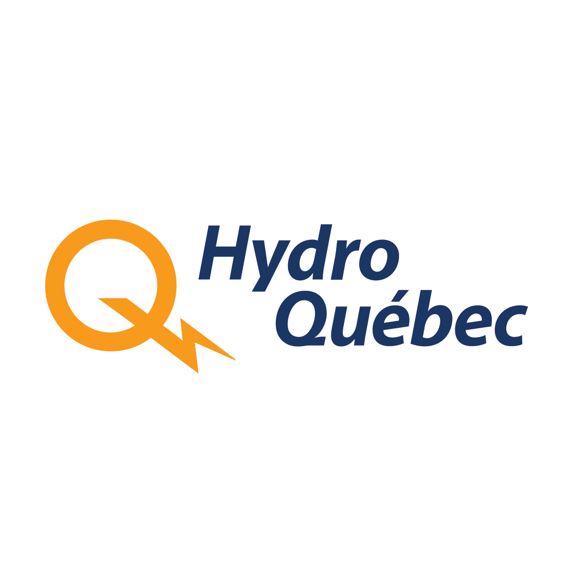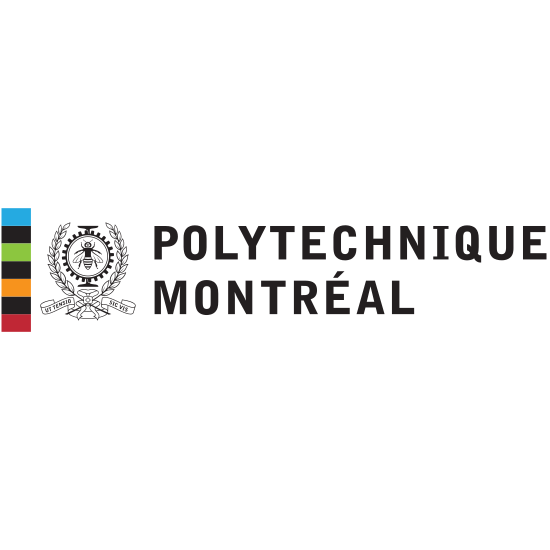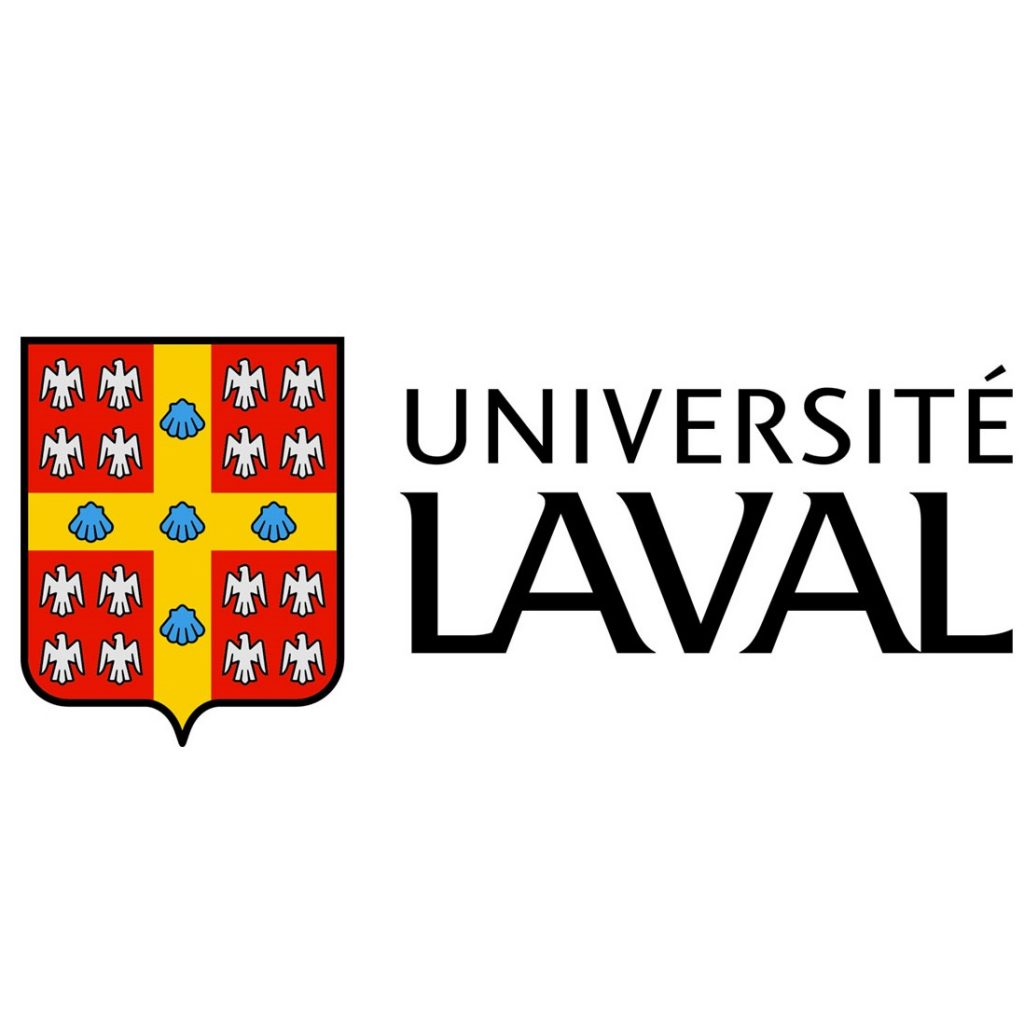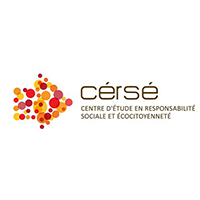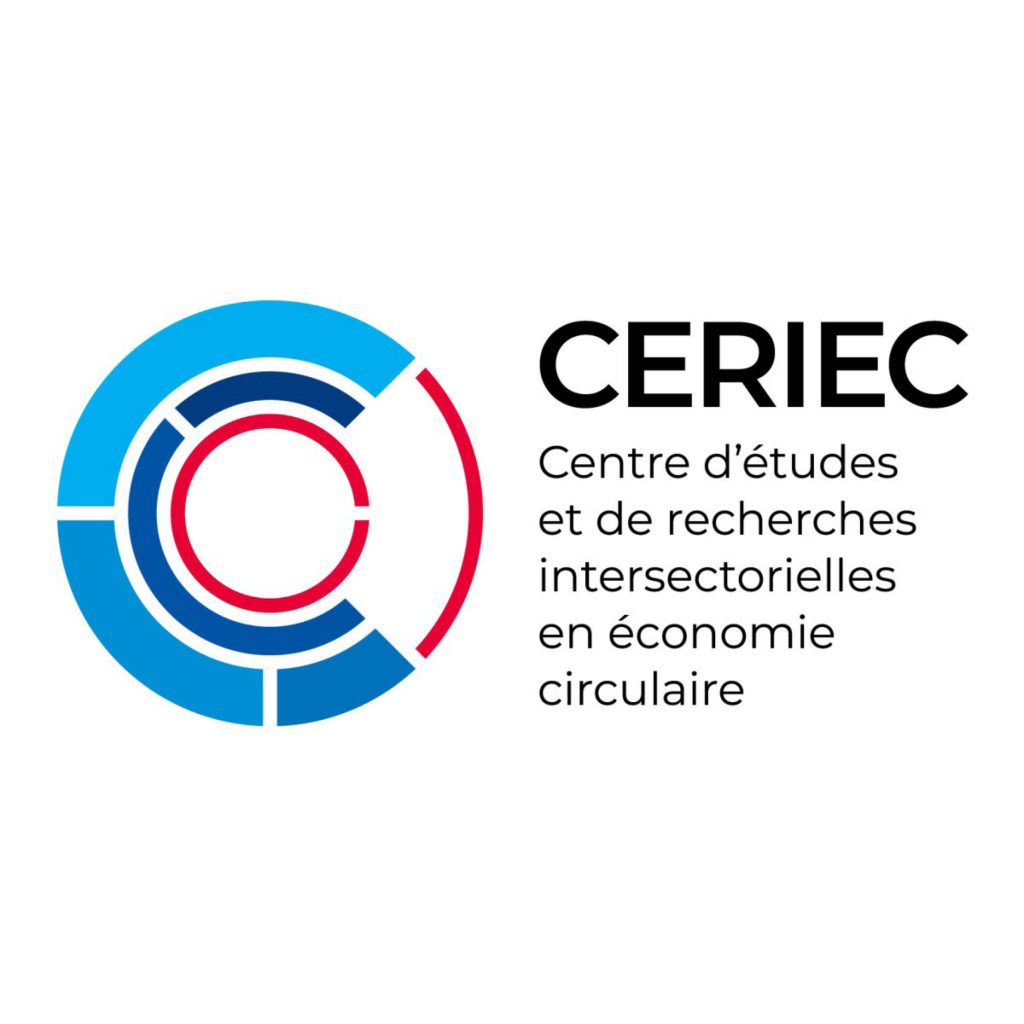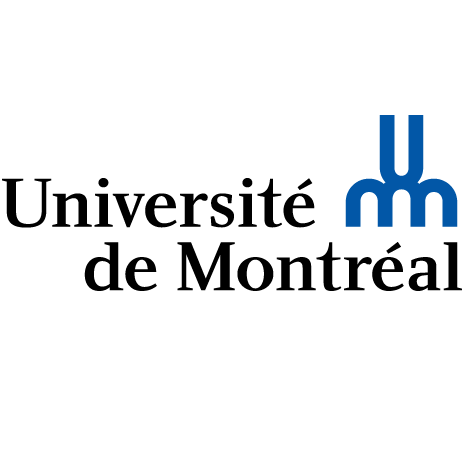From 2019 to 2022, the Research Chair on Industrial and Territorial Ecology (CREIT), managed by the Cégep de Sorel-Tracy and the CTTÉI, supported Quebec companies in their transition to thecircular economy.
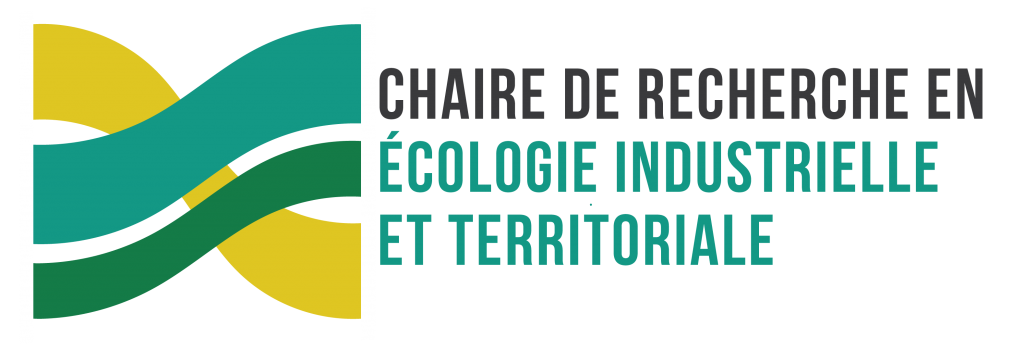
It aimed to provide innovative solutions to the issues of waste management and industrial waste development by relying on the driving forces of economic development in Quebec.
The research focused on three main themes:
- Better understand industrial metabolism: understand, calculate and control the environmental impacts of companies and the costs associated with material flows.
- Identify and encourage the emergence of industrial synergies: determine the favourable factors, focus on the collaboration of actors, the pooling of resources and the optimisation of their use to move away from the linear economic model.
- To study and promote the development of territorial metabolism, i.e. the network of economic development organisations conducive to the concrete implementation of the circular economy.
These three themes are decisive factors for increasing the economic and environmental efficiency of business and management processes.
In terms of objectives, the Chair naturally capitalized on the CTTÉI's expertise in industrial symbioses, waste reclamation and development of clean products and processes to contribute to the development of a green, circular and social economy.
From the point of view of tools, the Chair has developed and shared knowledge through the production of relevant tools for industrial and territorial actors (tools for the design and management of recycling, reuse and recovery operations, tools for diagnosis and continuous improvement of operations and reduction of sources of resource waste); trained qualified professionals; studied and promoted good practices.
Some tools and projects
- The network Synergy Quebec
- Characterisation guide
- Collection of synergies 2021
- Synergy collection 2020
- Valoripedia: This technology transfer research project explored the possibility of creating an "encyclopedia of materials" to facilitate the development of residual materials. In collaboration with the student community, the Chair experimented with the programming of an intelligent database mapping residual materials, their components and their possible outlets in Quebec, with the aim of facilitating the work of field actors in the circular economy.
- Material Flow Cost Analysis (MFCA): In collaboration with several stakeholders, the Chair has developed an environmental accounting tool that takes into account the real costs of material waste in organizational processes. The MFCA aims to identify all the hidden costs related to material losses and to quantify the potential economic gains related to the implementation of better resource management.
Contact
Animated by Julien Beaulieu from 2019 to 2022, the Chair has now ended. For more information, contact our communications department.

